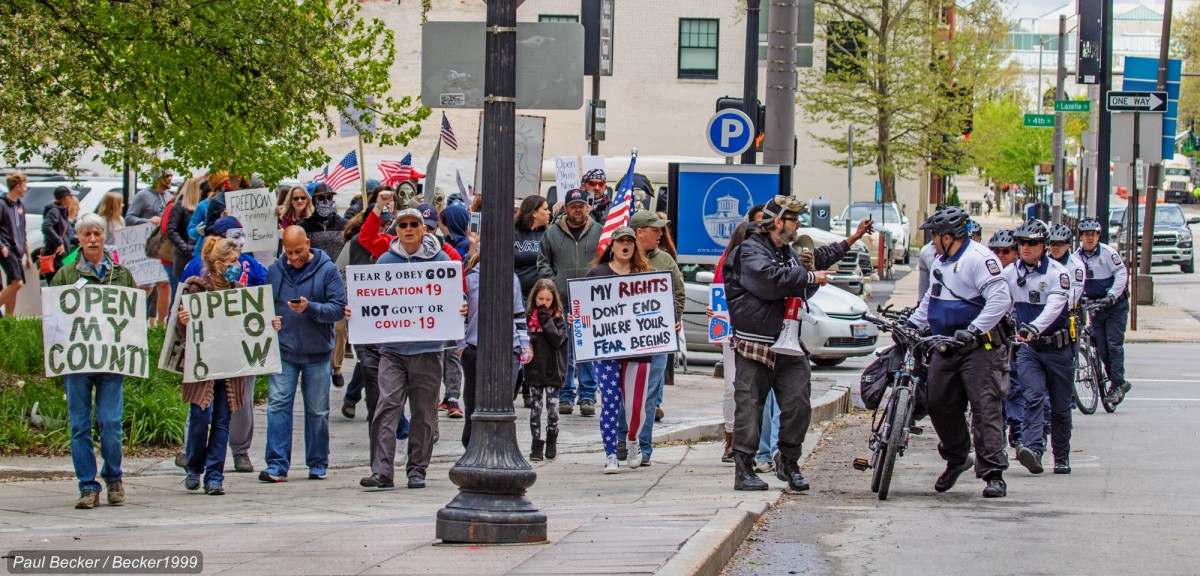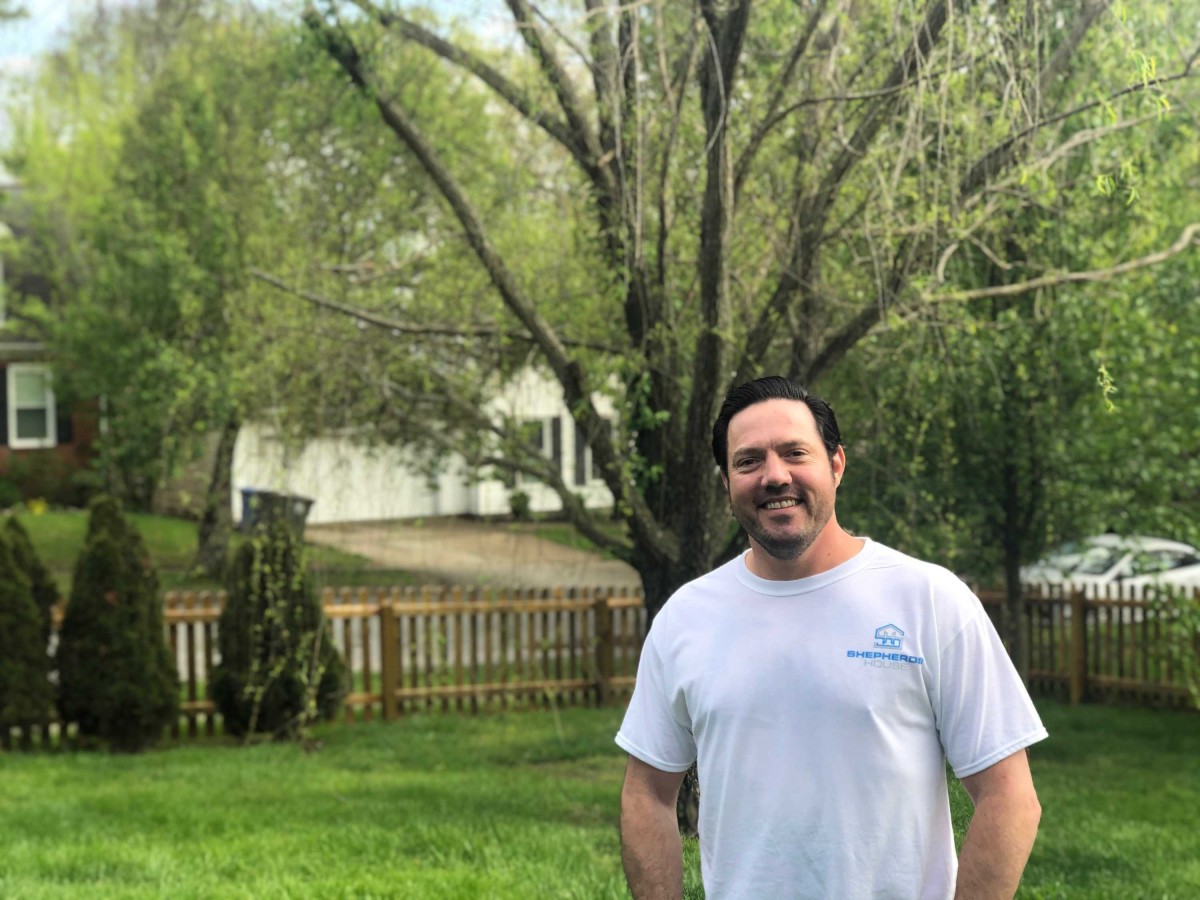While the coronavirus pandemic has all but halted out-of-state travelers and tourism in West Virginia, there are ways for residents to safely leave home, enjoy some local sites and learn a little history along the way.
Civil War Trails, a nonprofit based in Williamsburg, Virginia, offers visitors more than 1,200 historical sites across six states; Virginia, Maryland, North Carolina, Tennessee, Pennsylvania and West Virginia.
There are currently 152 historical sites in West Virginia. All trails are marked with a sign and are free to explore.
Even though the American Civil War took place more than 150 years ago, there is still new research popping up almost every week, according to Civil War Trails executive director Drew Gruber.
“Our understanding of the war is constantly evolving,” he said. “People know about the Battle of Gettysburg or how West Virginia was created out of Virginia; these big stories [are] what a lot of people know … but a lot of the lesser-known stories are the ones that are a little bit more evocative.”
Due to the coronavirus pandemic, many West Virginians are staying inside, teaching and working from home. But for those getting cabin fever, Gruber said most of West Virginia’s 152 Civil War Trail sites are still open and accessible to the public.
“It’s almost like you’re on a hunt for history as you follow these trails turn by turn and look for these individual stories,” he said.
Gruber said taking advantage of your own local tourism will be one way we see a boost to the economy as things start opening back up.
“We do want people to be safe … However, we’re also asking in that same sentence for people to help support local businesses that are offering curbside, [and] if you’re thinking about going out for a grocery run, and you have a history lesson that you need to deliver to the now-pupils in your household, consider swinging by a local Civil War Trail sign on your way.”
In West Virginia, thousands of people are still unemployed even now as Gov. Justice began easing stay-at-home orders this week.
There’s a question of how some industries will recover post-COVID-19, such as tourism, a key part of West Virginia’s economy. According to research cited by the governor’s office, traveler spending in West Virginia grew at a rate of 6.5 percent, totaling $4.55 billion in 2018.
Gruber said a big part of economic recovery following the coronavirus pandemic will be encouraging families to remember their local tourism.
“We know that a lot of people follow the Civil War Trails program as a gateway to find authentic experiences,” he said. “You may take a drive down a historic route and find farm to table restaurants, live music, local beer … that’s exactly how we are going to recover as a travel and tourism program, and in West Virginia, as partners.”
Along with Civil War Trails, the West Virginia Tourism Office lists three other Trails to explore in West Virginia. These include the West Virginia Historic Theatre Trail, the Washington Heritage Trail and the United States Civil Rights Trail.
SoundCloud audio photo courtesy of Visit Frederick, Maryland.
This article was originally published by West Virginia Public Broadcasting.



